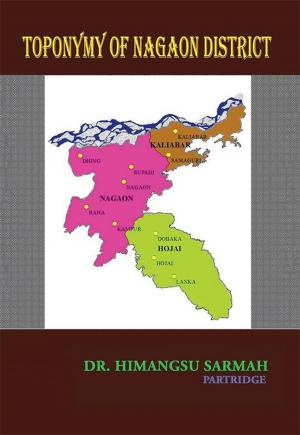Perestroika Glasnost and Socialism
Nonfiction, Social & Cultural Studies, Political Science, History| Author: | K Vijayachandran | ISBN: | 9781482813524 |
| Publisher: | Partridge Publishing India | Publication: | November 14, 2013 |
| Imprint: | Partridge Publishing India | Language: | English |
| Author: | K Vijayachandran |
| ISBN: | 9781482813524 |
| Publisher: | Partridge Publishing India |
| Publication: | November 14, 2013 |
| Imprint: | Partridge Publishing India |
| Language: | English |
Perestroika, Glasnost and Socialism is a collection of twenty articles written during the past quarter century. The book derives its socialist inspiration from the celebrated essay of Albert Einsteins Why Socialism? Reaction Strikes Europe. The opening article written on the eve of disintegration of socialist camp gives a graphic picture on how the intellectual classes could engineer a counterrevolution with the help of USA and other developed countries. Liberation of a hundred nationalities from Czarist oppression and creation of a multinational state based on the principle of peaceful coexistence of diverse cultures was the most significant historical contribution by Soviet revolution. India, as a multinational country, has many things to learn from the Soviet experiment as well as the experience of CIS and the erstwhile CMEA countries. Articles on the development experience of India, reproduced in this collection, highlight the unfinished tasks of national liberation in a multinational country, ruled for long by anti-people coalitions of elite classes under the influence of imperialism and global monopoly capital. Experience of the post-Soviet era teaches that completion of national liberation is an essential precondition for the re-envisioning of socialism.
Perestroika, Glasnost and Socialism is a collection of twenty articles written during the past quarter century. The book derives its socialist inspiration from the celebrated essay of Albert Einsteins Why Socialism? Reaction Strikes Europe. The opening article written on the eve of disintegration of socialist camp gives a graphic picture on how the intellectual classes could engineer a counterrevolution with the help of USA and other developed countries. Liberation of a hundred nationalities from Czarist oppression and creation of a multinational state based on the principle of peaceful coexistence of diverse cultures was the most significant historical contribution by Soviet revolution. India, as a multinational country, has many things to learn from the Soviet experiment as well as the experience of CIS and the erstwhile CMEA countries. Articles on the development experience of India, reproduced in this collection, highlight the unfinished tasks of national liberation in a multinational country, ruled for long by anti-people coalitions of elite classes under the influence of imperialism and global monopoly capital. Experience of the post-Soviet era teaches that completion of national liberation is an essential precondition for the re-envisioning of socialism.















